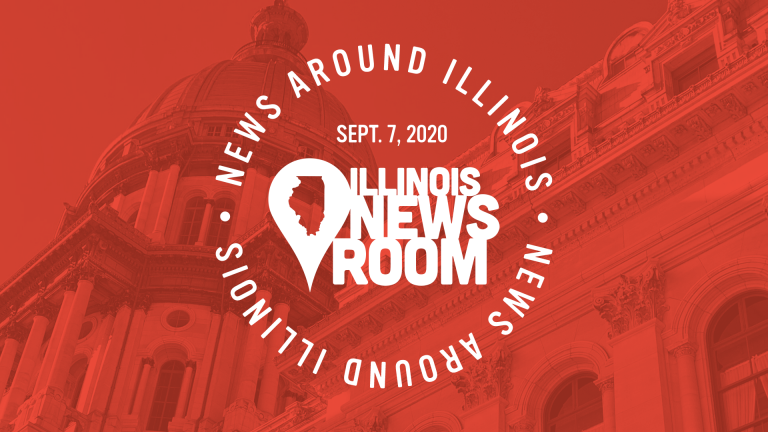McLean County health officials on Monday reported 46 new cases, including two babies (under age 1) and seven children 17 and under. The health department on Monday provided age-specific information about new cases for the first time in over a week. The department had stopped providing detailed demographic information (e.g., ZIP codes, ages, ethnicity, etc.) as its staff became overwhelmed with case investigation and contact tracing efforts. Now, local leaders can better determine if new cases are from ISU or the larger community. —Ryan Denham, WGLT
What You Need To Know About The Legislative Probe of Michael Madigan
Illinois House Speaker Michael Madigan will be the subject of a rare legislative inquiry this week. A special House committee, made up of three Democrats and three Republicans, will look into Madigan’s ties to electric utility Commonwealth Edison, and see whether disciplinary action is needed. The committee’s first hearing is scheduled for this Thursday. The legislative inquiry process has historically been reserved for lawmakers accused of crimes, including ex-Gov. Rod Blagojevich. —Dave McKinney, WBEZ
Illinois Mail In Ballot Requests Pass 1 Million And Counting
The Illinois State Board of Elections reports more than one million Illinoisans have applied to vote by mail this November. In July, Gov. J.B. Pritzker signed a law expanding vote by mail, making Election Day an official holiday and sending ballot applications to the five million people who voted in the last three elections dating back to 2018. While election officials across the state are trying to meet the demand, Cook County Republicans filed a federal lawsuit against the expanded vote-by-mail program, claiming it’s a “partisan scheme.” —Sophia Tareen, Associated Press
Illinois Addiction Program Gets $36 Million Federal Grant
Illinois will use a $36 million federal grant on opioid addiction and treatment in hospitals, health centers and community programs. The Illinois Department of Human Services said the grant money will also be used for programs focused on prevention and overdose response, along with expanding treatment options for abuse of methamphetamine and cocaine. —Associated Press
A new report shows that communities of color in the Chicago area are at risk of being undercounted. Compared to 2010, the Chicago Metropolitan Agency for Planning’s report shows the biggest drop in participation from Hispanic communities. Black and Asian communities also have lower response rates. Communities with predominantly white residents are matching their 2010 response rates. The census count determines political representation and federal funding. —Esther Yoon-Ji Kang, WBEZ

